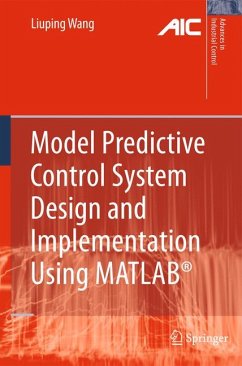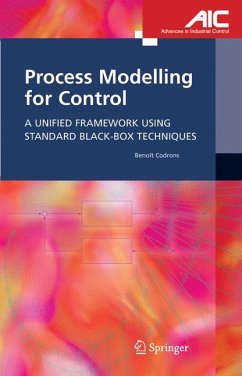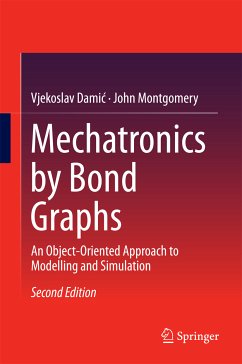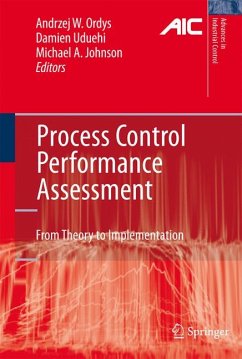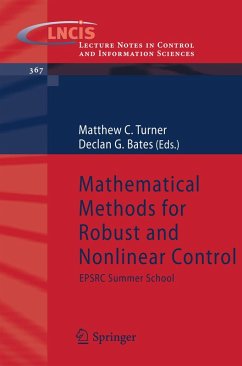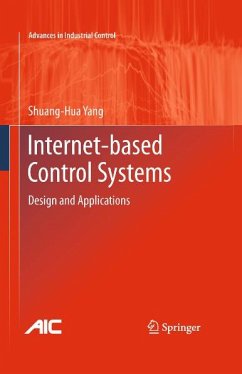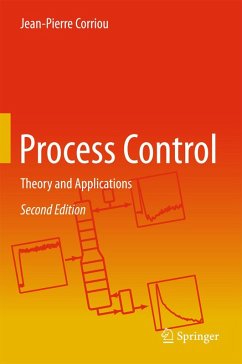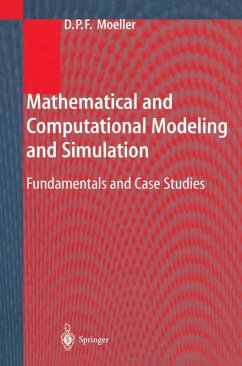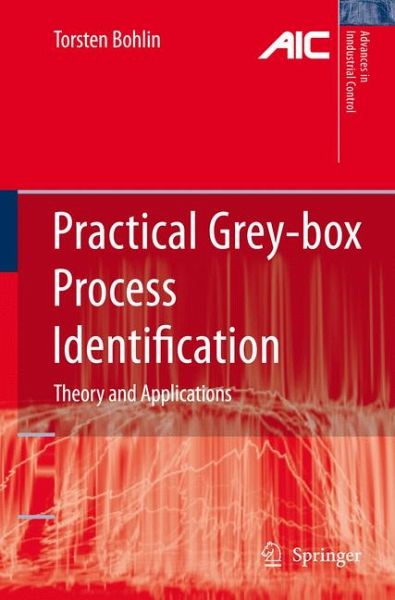
Practical Grey-box Process Identification (eBook, PDF)
Theory and Applications
Versandkostenfrei!
Sofort per Download lieferbar
112,95 €
inkl. MwSt.
Weitere Ausgaben:

PAYBACK Punkte
56 °P sammeln!
In process modelling, knowledge of the process under consideration is typically partial with significant disturbances to the model. Disturbances militate against the desirable trait of model reproducibility. "Grey-box" identification takes advantage of two sources of process information that may be available: any invariant prior knowledge and response data from experiments."Practical Grey-box Process Identification" is in three parts: The first part is a short review of the theoretical fundamentals of grey-box identification, focussing particularly on the theory necessary for the software pres...
In process modelling, knowledge of the process under consideration is typically partial with significant disturbances to the model. Disturbances militate against the desirable trait of model reproducibility. "Grey-box" identification takes advantage of two sources of process information that may be available: any invariant prior knowledge and response data from experiments.
"Practical Grey-box Process Identification" is in three parts: The first part is a short review of the theoretical fundamentals of grey-box identification, focussing particularly on the theory necessary for the software presented in the second part. Part II puts the spotlight on MoCaVa, a MATLAB®-compatible software tool, downloadable from springeronline.com, for facilitating the procedure of effective grey-box identification. Part III demonstrates the application of MoCaVa using two case studies drawn from the paper and steel industries. More advanced theory is laid out in an appendix and the MoCaVa source code enables readers to expand on its capabilities to their own ends.
"Practical Grey-box Process Identification" is in three parts: The first part is a short review of the theoretical fundamentals of grey-box identification, focussing particularly on the theory necessary for the software presented in the second part. Part II puts the spotlight on MoCaVa, a MATLAB®-compatible software tool, downloadable from springeronline.com, for facilitating the procedure of effective grey-box identification. Part III demonstrates the application of MoCaVa using two case studies drawn from the paper and steel industries. More advanced theory is laid out in an appendix and the MoCaVa source code enables readers to expand on its capabilities to their own ends.
Dieser Download kann aus rechtlichen Gründen nur mit Rechnungsadresse in A, B, BG, CY, CZ, D, DK, EW, E, FIN, F, GR, HR, H, IRL, I, LT, L, LR, M, NL, PL, P, R, S, SLO, SK ausgeliefert werden.




